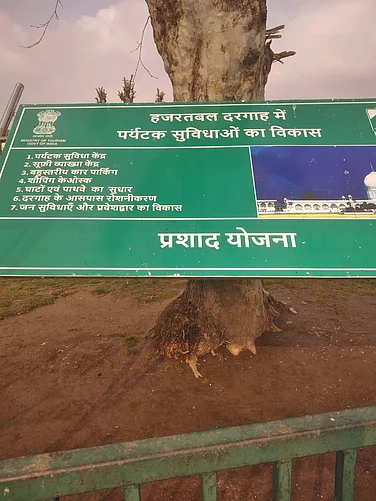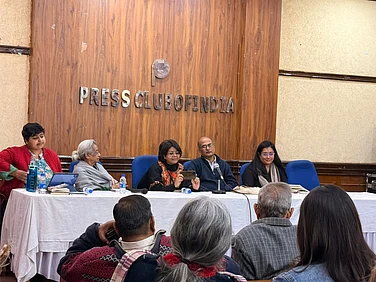"The Supreme Court has landed itself in a piquant situation. Where was the need to make such an order when the Cauvery River Authority (CRA), a statutory body, is there to sort out the matter? Now the court's prestige is at stake," says constitutional expert Shanti Bhushan. The apex court would be justified in sending the concerned authorities off to jail but, given the public mood, is unlikely to do so.
Supreme Court lawyer Mohan V. Katarki, who's been representing Karnataka in this matter for a decade, meanwhile, denies the issue is one of contempt. "We're not wilfully disobeying the SC," he says, adding that in the circumstances Karnataka is helpless. When chief minister S.M. Krishna attended the CRA meeting on September 8, he became party to the decision to release water to Tamil Nadu. But, thereafter, the expected rains didn't arrive and water levels in the reservoirs dropped dangerously.
Karnataka has interpreted the Supreme Court order to mean that the total water reaching Tamil Nadu's Mettur reservoir should be the amount specified by the court. In other words, the water generated in the catchment area plus the water released by Karnataka should add up to 9,000 cusecs per day. It told the court that it did not release the full specified amount "in anticipation" that the catchment water would be the same as in previous years. In a clever statement, Krishna said "we hope" rains will boost water supply in the Cauvery catchment area, thus rendering supply from Karnataka unnecessary.
Off the record, experts say the Supreme Court is most likely to keep adjourning the matter until the north-east monsoons arrive. In that case, adequate water will cool frayed tempers. While the next hearing in the case is on October 24, the rains are scheduled for October 17. If the rains fail, things could take a different turn. But then, no matter how much water Karnataka releases, it'll not be enough.


























